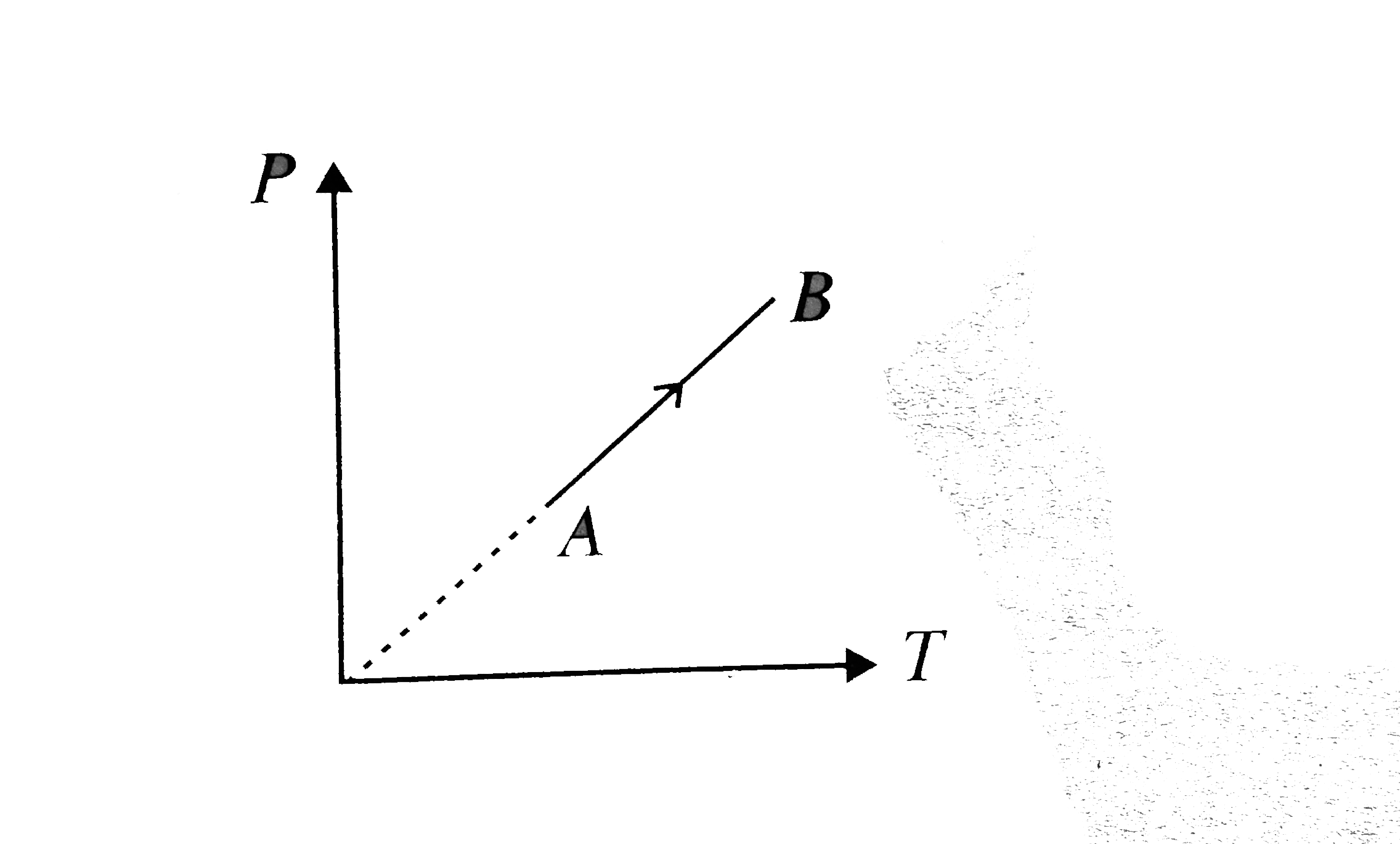During the process of blood coagulation, vitamin K helps in
(a) Formation of thromboplastin
(b) Formation of prothrombin
(c) Conversion of prothrombin to thrombin
(d) Conversion of fibrinogen to fibrin
The correct Answer is:B
Step-by-Step Solution:
1. Understanding Blood Coagulation: Blood coagulation is the process that prevents excessive bleeding by forming blood clots. It involves various proteins and factors that work together to stop bleeding.
2. Role of Vitamin K: Vitamin K is essential in the blood coagulation process. It acts as a cofactor for enzymes that are necessary for the synthesis of specific clotting factors in the liver.
3. Synthesis of Prothrombin: One of the key factors that Vitamin K helps produce is prothrombin, also known as factor II. Prothrombin is crucial for the coagulation process as it is converted into thrombin, which then helps in the formation of fibrin.
4. Other Factors Produced: In addition to prothrombin, Vitamin K is involved in the synthesis of other clotting factors, including factor VII (stable factor), factor IX (Christmas factor), and factor X (Stuart-Prower factor).
5. Identifying the Correct Answer: From the options provided:
- A: Formation of thromboplastin (incorrect)
- B: Formation of prothrombin (correct)
- C: Conversion of prothrombin to thrombin (incorrect)
- D: Conversion of fibrinogen to fibrin (incorrect)
The correct answer is B: Formation of prothrombin.
- A: Formation of thromboplastin (incorrect)
- B: Formation of prothrombin (correct)
- C: Conversion of prothrombin to thrombin (incorrect)
- D: Conversion of fibrinogen to fibrin (incorrect)
Topper's Solved these Questions
- STRUCTURAL ORGANISATION IN ANIMALSBOOK - CENGAGE BIOLOGY ENGLISHCHAPTER - STRUCTURAL ORGANISATION IN ANIMALSEXERCISE - ARCHIVES
27 Videos
- RESPIRATION IN PLANTS BOOK - CENGAGE BIOLOGY ENGLISHCHAPTER - RESPIRATION IN PLANTS EXERCISE - ARCHIVES
12 Videos
- THE LIVING WORLDBOOK - CENGAGE BIOLOGY ENGLISHCHAPTER - THE LIVING WORLDEXERCISE - ARCHIVES
24 Videos
Similar Questions
Knowledge Check
During the process of mitosis.
Atwo identical nuclei are formedBfour identical nuclei are formedCtwo identical daughter cells are formedDfour identical daughter cells are formedDuring the process of decompositon
ACO2 is consumed and O2 is releasedBO2 is consumed and CO2 is releasedCCO2 is consumed and H2O is releasedDNone of these
During the process AB of an ideal gas

View SolutionExplain the process of blood circulation in the body with the help of a schematic diagram.
View SolutionBlood clotting vitamin is
View SolutionFunction of vitamin K is
View SolutionWhich is unrelated to blood coagulation ?
View SolutionThe process of blood clot formation within the circulatory system is
View Solution
